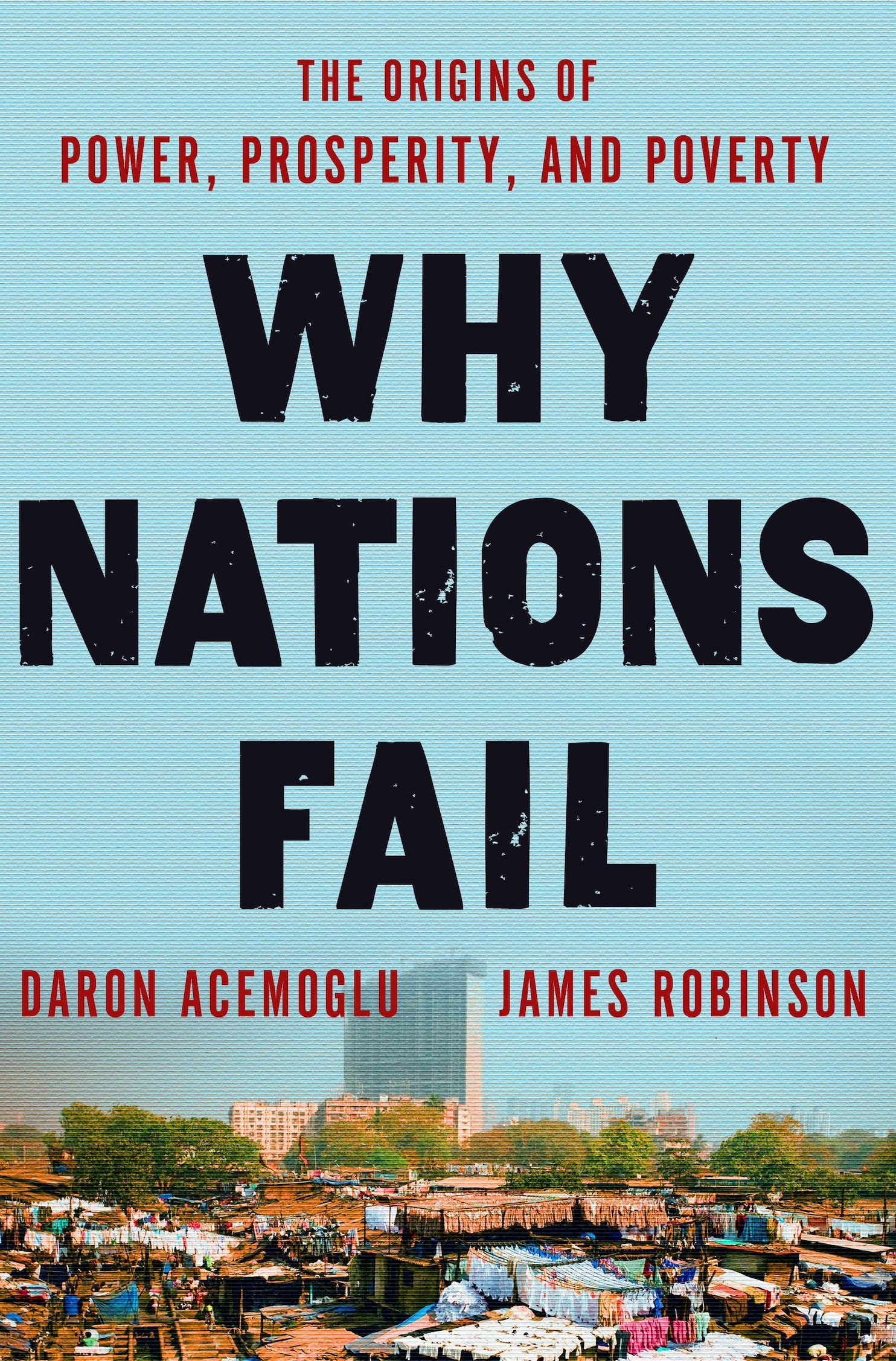"Why Nations Fail: The Origins of Power, Prosperity, and Poverty" is a thought-provoking and insightful book that delves into the reasons behind why some nations succeed while others fail. The authors, Daron Acemoglu and James A. Robinson, argue that the key to understanding the economic success or failure of nations lies in their political and economic institutions.
The book explores the impact of inclusive and extractive institutions on a nation's economic development. Inclusive institutions, which provide equal opportunities for all individuals to participate in economic and political life, are seen as crucial for fostering innovation, entrepreneurship, and long-term growth. On the other hand, extractive institutions, which concentrate power and wealth in the hands of a few elites, are seen as hindering economic development and perpetuating poverty.
Acemoglu and Robinson support their arguments with historical examples from around the world, ranging from the success of countries like the United States and South Korea to the failure of nations like Sierra Leone and North Korea. They also highlight the role of critical junctures, such as revolutions and wars, in shaping the trajectory of a nation's institutions and economic development.
Overall, "Why Nations Fail" is a compelling and well-researched book that sheds light on the complex interplay between politics, economics, and institutions in determining a nation's prosperity or poverty. It is a must-read for anyone interested in understanding the factors that contribute to the success or failure of nations.

